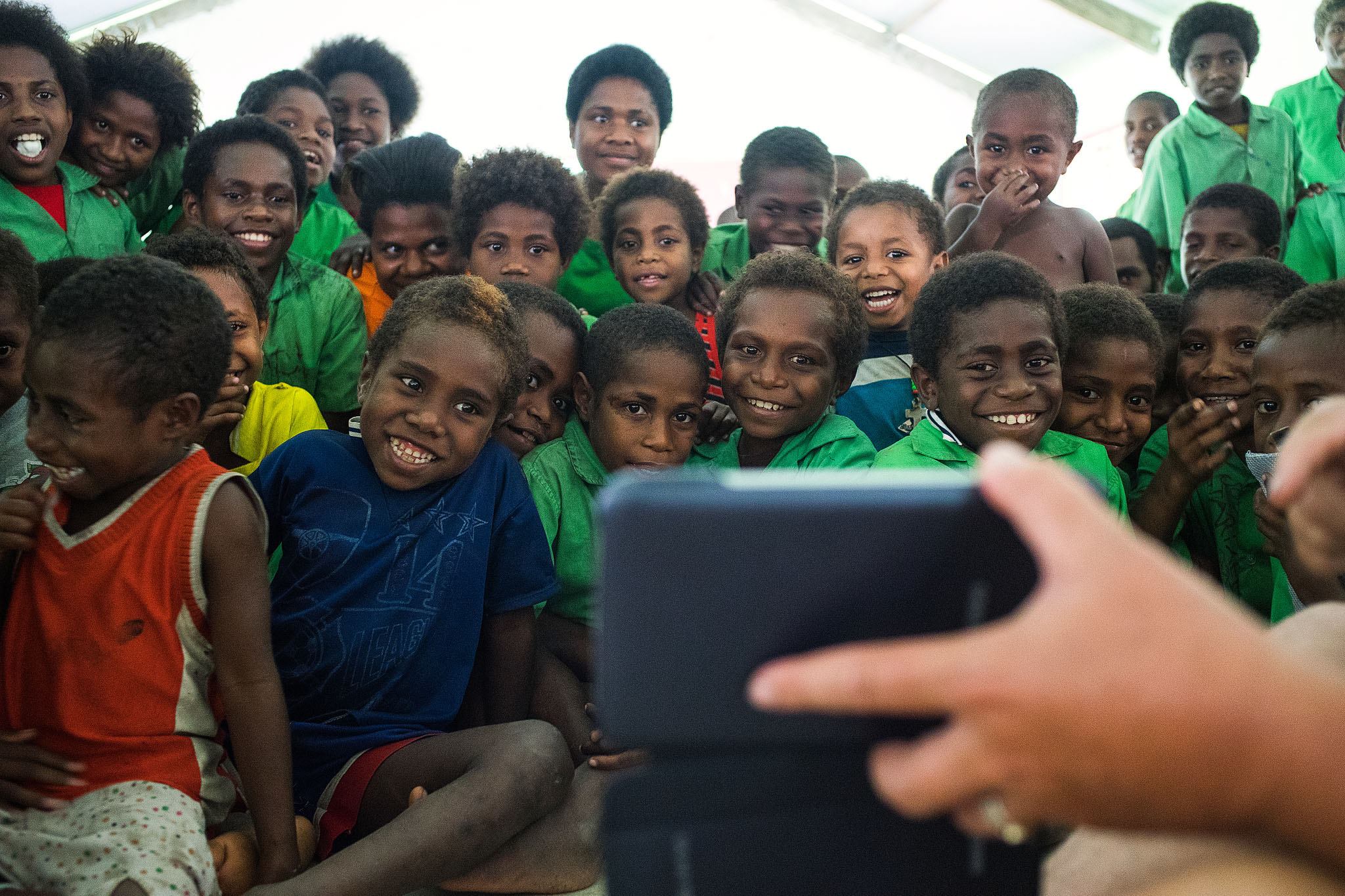Putting responsibility for our children in the hands of governments and corporations is just wrong
Putting responsibility for our children in the hands of governments and corporations is just wrong
In recent years, the International Telecommunications Union (ITU) has been drumming up support for surveillance and censorship. They do it under the guise of creating measures to protect children and stop what they call cyber-crime. But what they advocate is nothing short of a toolkit fit for a police state.
I’d love to be able to say that I’m overstating the case. I’d love to find out that the technologies and legal levers that are being proffered by the ITU and various other agencies were never used for anything other than good. I’d also love a pony.
I’ve written before about the fractious relationship between the ITU and the technical organisations that actually do run the internet. I’ve written about how Pacific island governments and societies can come to terms with surveillance and censorship. I’ve even talked about this push by the ITU, extending across the developing world, to drum up support for its vision of the internet as a fenced and orderly place. More to the point, I’ve already written about where it leads.
But just last week, at a conference discussing the protection of critical IT infrastructure, I watched a presenter describing the creation of a computer incident response team (in ITU jargon, a CIRT) based on a model adopted by some of the least free countries in the world. This was presented without apology or explanation. Read more “There’s no app for that”


